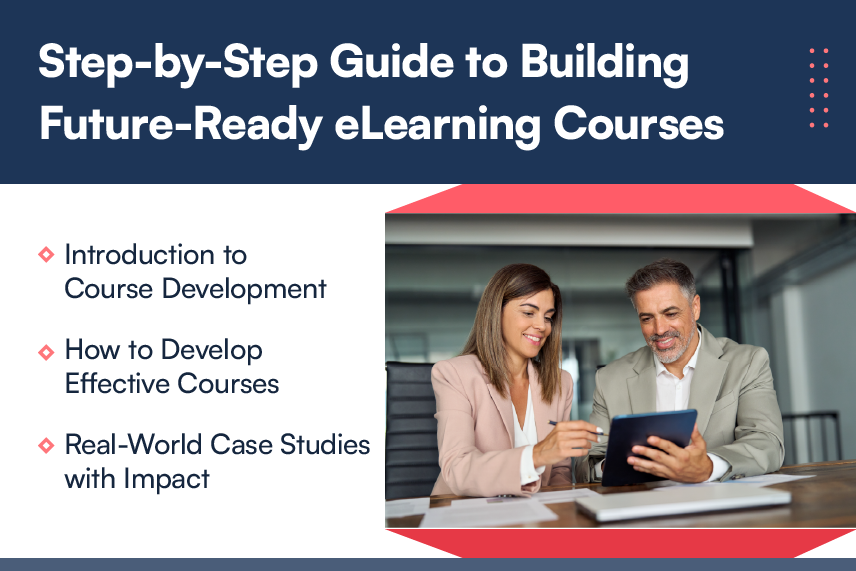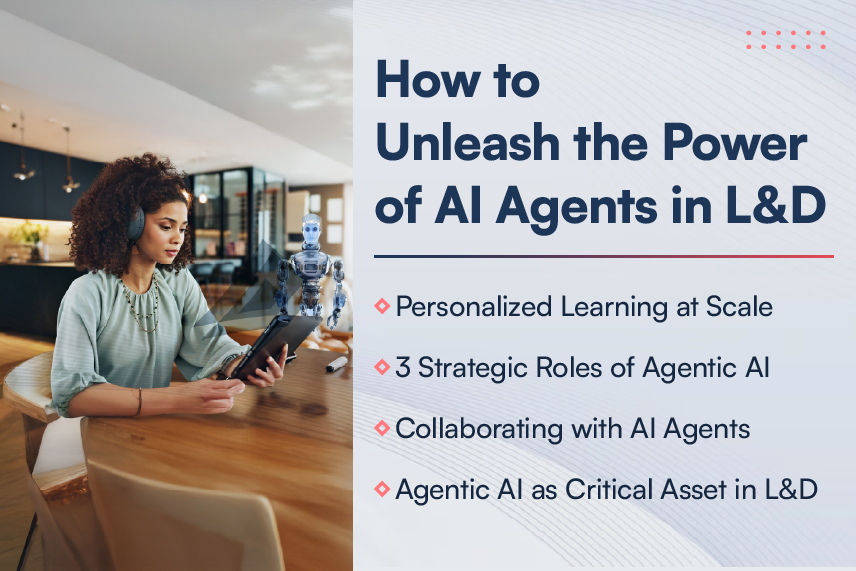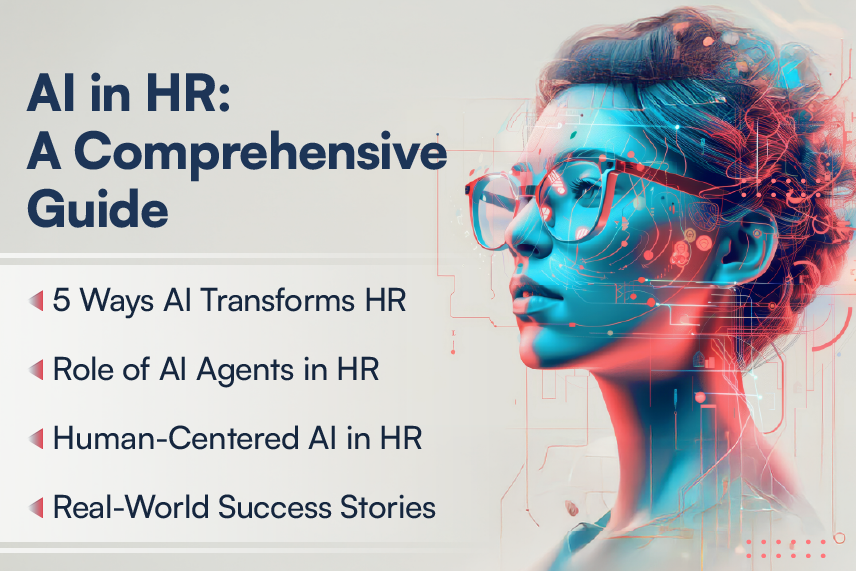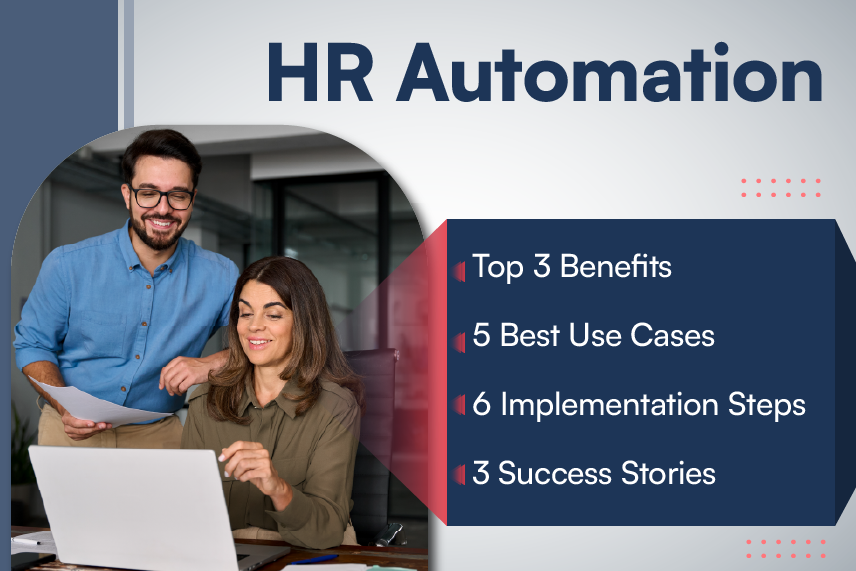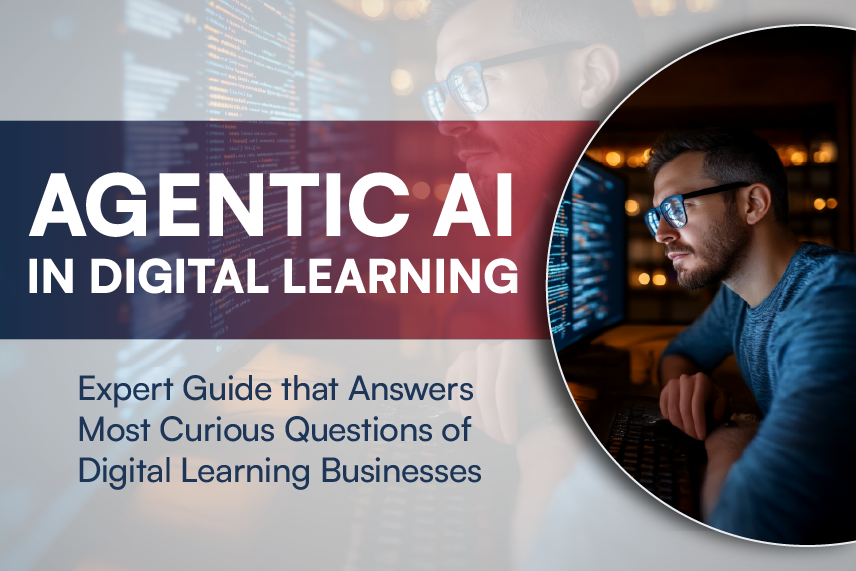
In a previous blog, we explored the exponential growth in the catering industry and the reasons supporting this growth. A growing industry needs to support their leaders with targeted training to help them in meeting customer expectations and deliver outstanding service. In the catering industry, catering managers are the flag-bearers of the restaurant brand and it is critical to align them with the brand culture and values. This would help in establishing the brand with their crew and eventually with the customers. To achieve this, it is important to groom and train catering managers in certain skillsets and processes. Let’s look at them below:
Interpersonal skills
Interpersonal skills are a key attribute of successful catering managers. Catering industry has a high level of employee turnover and catering managers have to deal with new employees all the time. It is essential that managers break the ice with employees and get them onboard and ready to perform quickly. Catering managers should be trained in skills like verbal and non-verbal communication, influencing and negotiation skills, and more.
Customer Centricity
Catering managers face customers on an everyday basis and customer centricity becomes a critical skill for restaurant survival and performance. A manager trained on skills like understanding customer needs, customer behavior, effective communication, and empathy, would work towards building a customer-centric culture. Such a manager and their crew would be able to handle catering events better and deliver exceptional customer delight.
Catering Specific Processes
A catering event is a high-pressure situation with a lot of moving parts. Lack of processes can lead to chaos and bad customer experience. Catering managers should be able to estimate the right number of crew members to an event. They also need to keep a close watch on the budget and perform a detailed risk management analysis to make an event successful.
Considering all the above requirements, it is ideal that catering managers are trained to plan activities smartly, follow specific processes, and most importantly, they should be able to take quick decisions. Considering the nature of this industry, a blended learning approach would suit the best. Use of classroom training to deliver key topics, supported by online learning modules supporting micro-learning, gamification, and scenario-based learning can deliver the desired results.
Are you a part of the catering industry? What type of training do you prefer? Feel free to share your thoughts through comments below. If you would like to discuss any training needs or use cases with our experts, drop a note to contact@harbingergroup.com.


